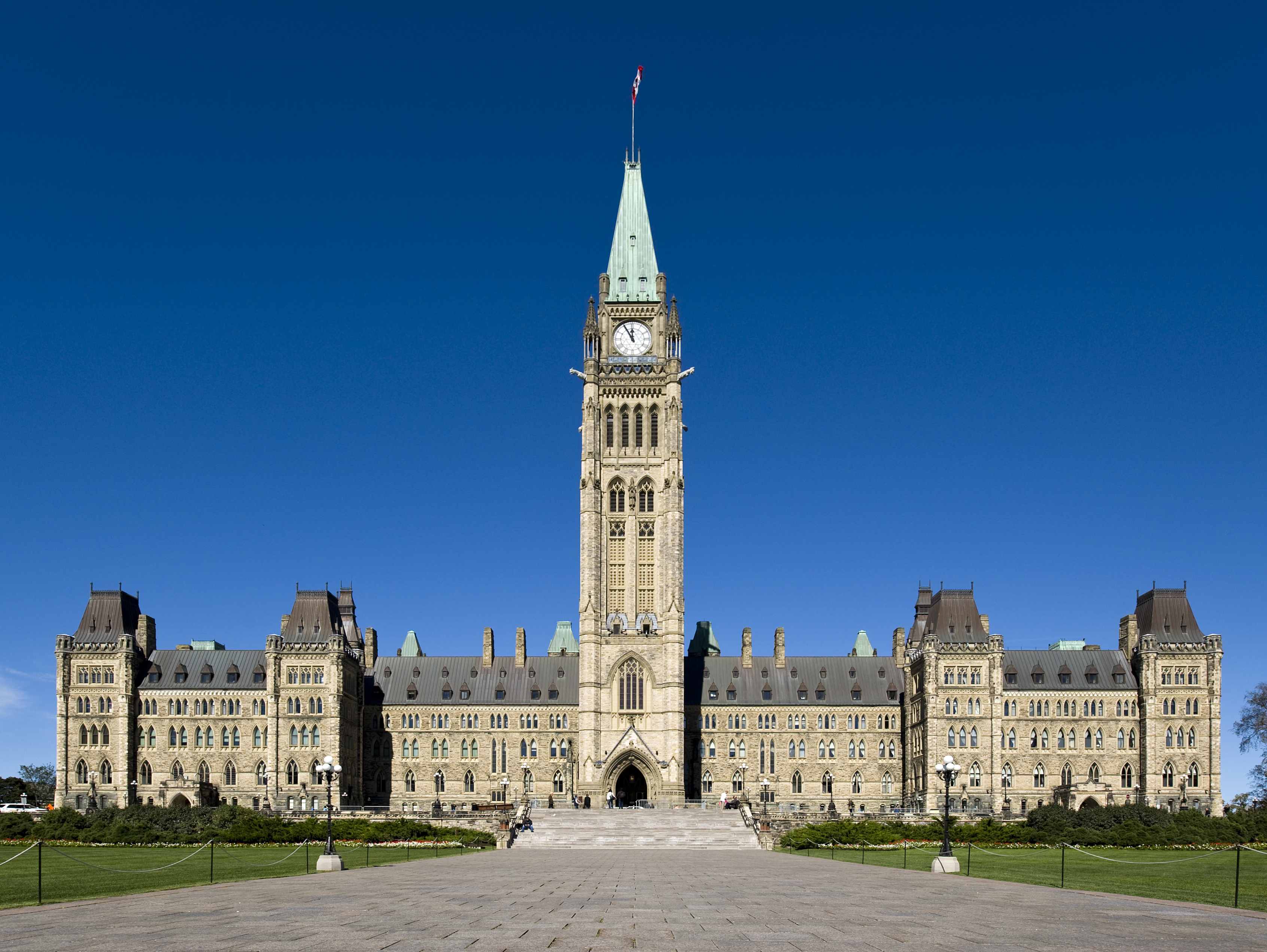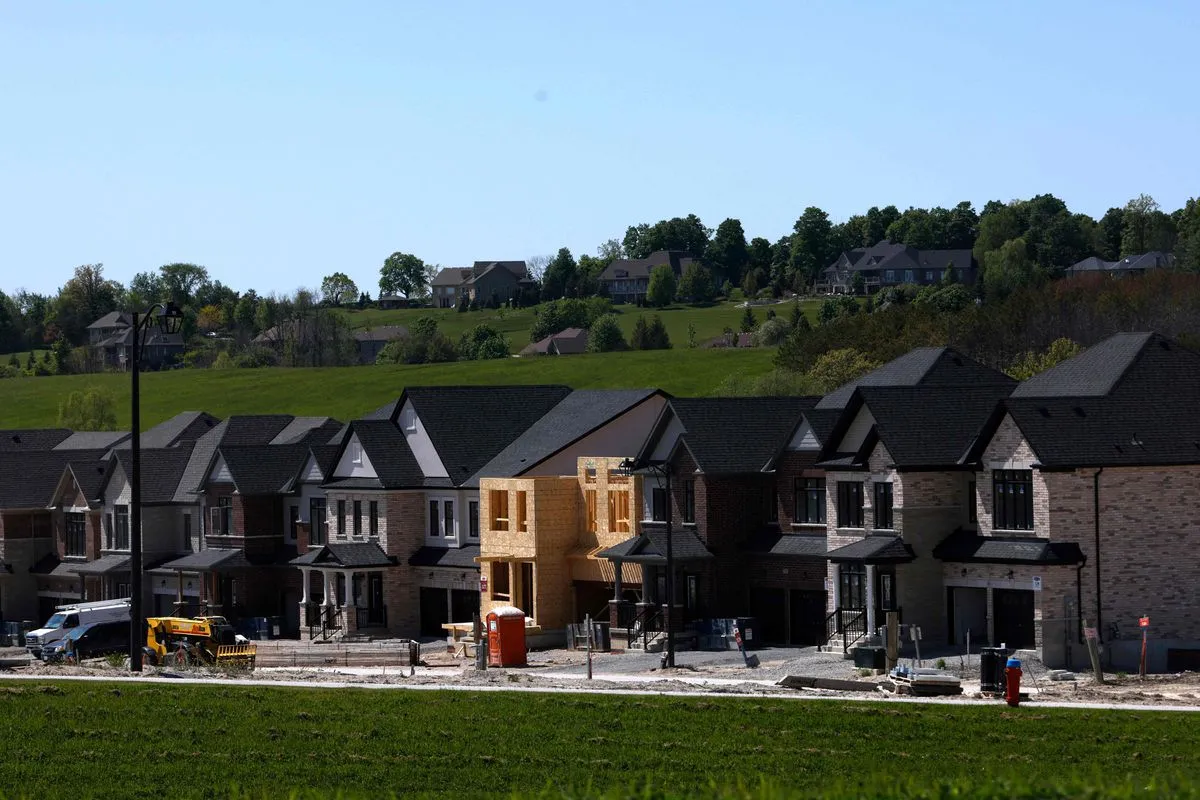Politicians, most of whom are homeowners, have long failed to see the urgency in the country’s housing market
Victoria at first appeared to be the leader of change. The city’s missing middle policy – multiunit housing of several storeys in height – was approved in January. It allows six homes on one lot and in some cases as many as a dozen, without a contentious, expensive and elongated rezoning process.
Yet the city then piled on numerous rules, including building height, parking and added costs. It’s akin to opening a door and immediately bolting it shut. The result is a policy that was supposed to help get many new homes built led to development applications of zero new homes.
Vancouver expects a similar result. City council this fall is set to approve a plan that would allow as many as six homes on one lot. The city calls it “very bold.” But the city plans to impose extra costs and heavily limit the size of buildings. The city itself predicts the plan will see only 150 new multiplexes built per year – just several hundred homes. In a city desperate for housing, Vancouver’s reaching for a garden hose to fight a wildfire.
I often whinge about how the division of powers in Canada doesn’t properly include municipalities, but in this case, it might actually be a good thing. Frankly, if the cities won’t make significant changes, people ought to be turning to their provincial governments to reign them in. The problem has reached crisis levels, and someone needs to put their foot down. In this case, the provinces hold the most power.


